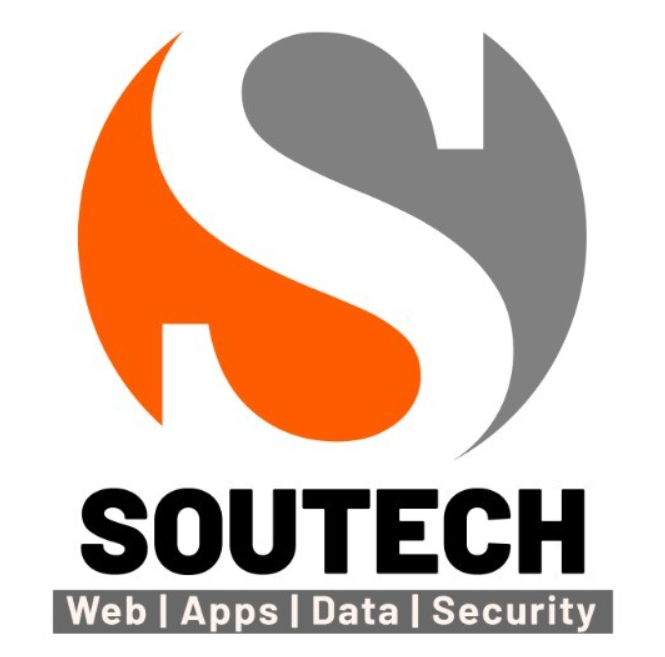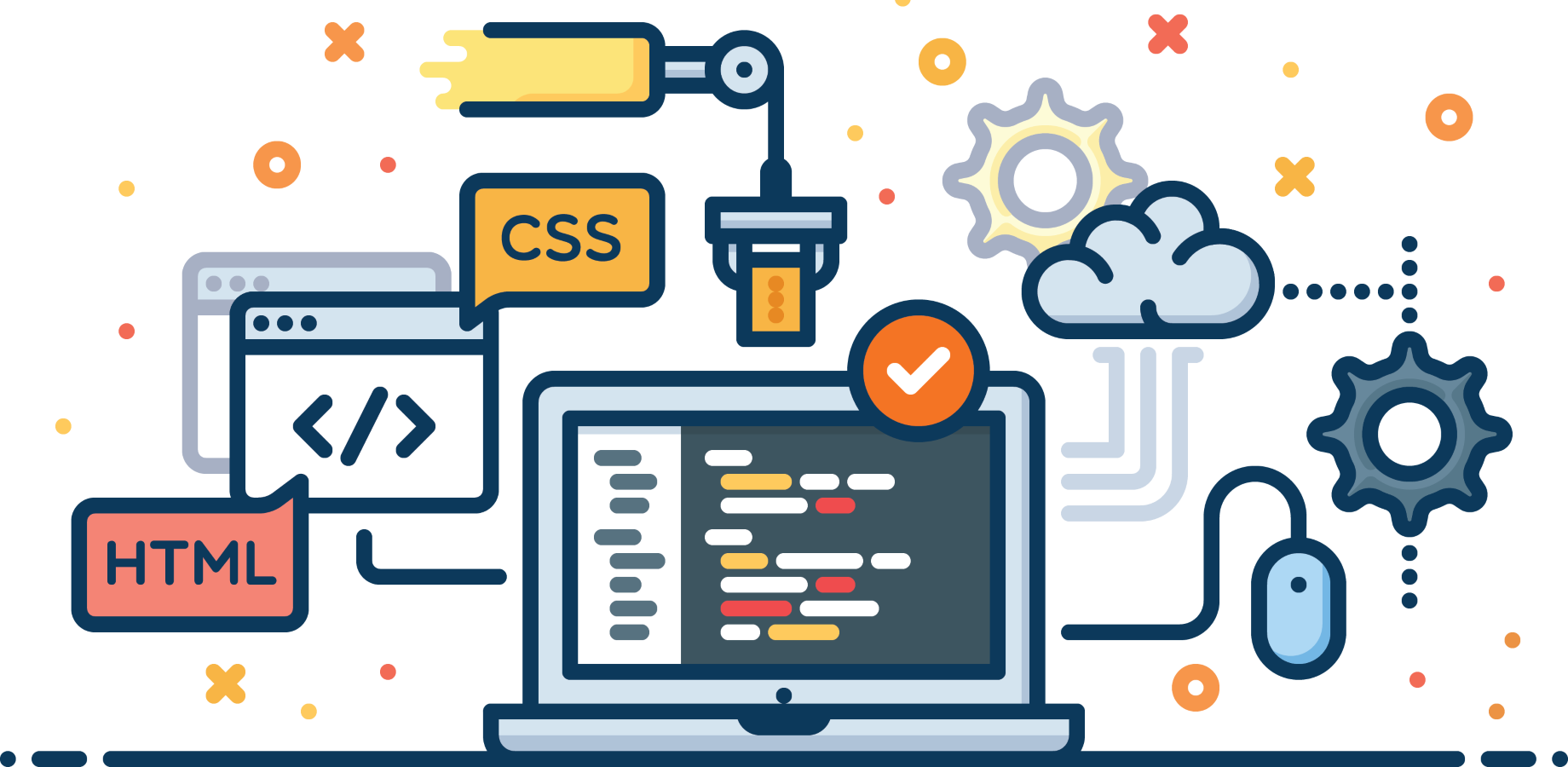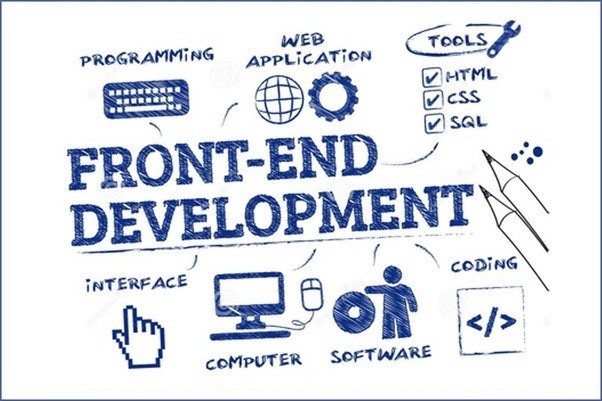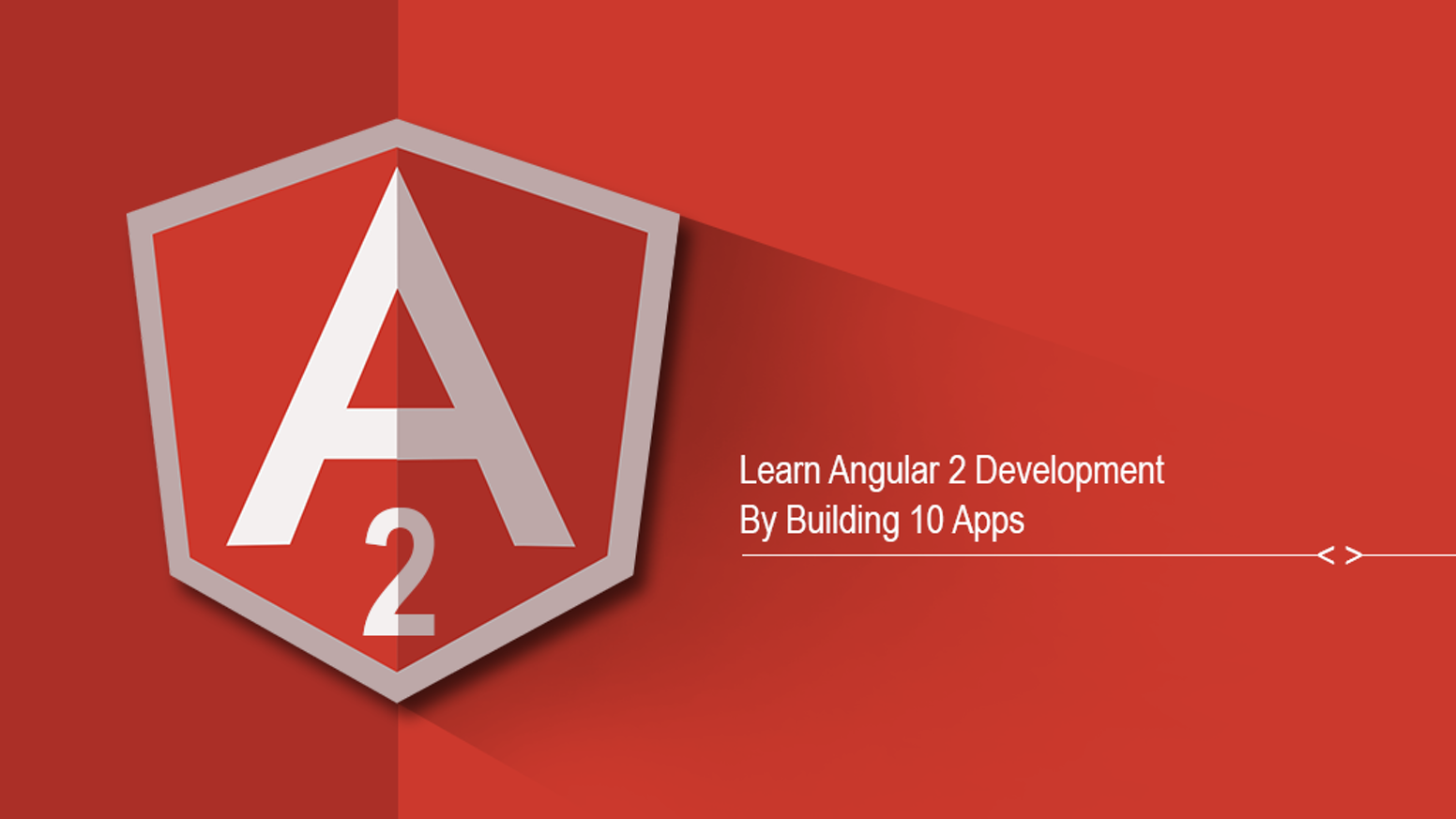- June 22, 2018
- Posted by: SouTech Team
- Category: Development, Mobile Application Development Service and Training, Softwares, Technologies, Web Development Training, Website Design Service Abuja, Website Design Training

Front-end development is very significant when it comes to application development, be it mobile apps or web apps. It is the procedural process by which user Interface (UI) and user experience (UX) are being conceived and evaluated. Front-end development is very important because, without it, we should not be talking about UI and UX. Some individual underestimate the prominence of a front-end development because they have no idea what role it plays in application development. Front-end development is not only about making a website or app interface look good, it has a lot to do with the functionality, interactions and features of an application.
| Want to start an eBusiness and Grow it Globally with free IT, Legal, Internet Discounts,3 Months SME Startup Course, ePayment Integration, Biz Development Services, Free Website, Free SMS Units/Portal all done for you within 30 Days?
Start Here>> Click >>> Start a Digital Business in Nigeria
A front-end developer creates the user-facing functionality of an application using the combination of markup languages, designs and frameworks. Front-developers are tending to think as a user and create the environment of what the users see, touch and interact within an application. Front-end development is considered to be the link between the design and back-end programming, which means that the developer must be creative and tech-incline.
Since the primary goal of a front-end developer is to bring a designers’ idea to life, a front-end developer must be familiar with certain technologies and languages in other to achieve that primary goal.
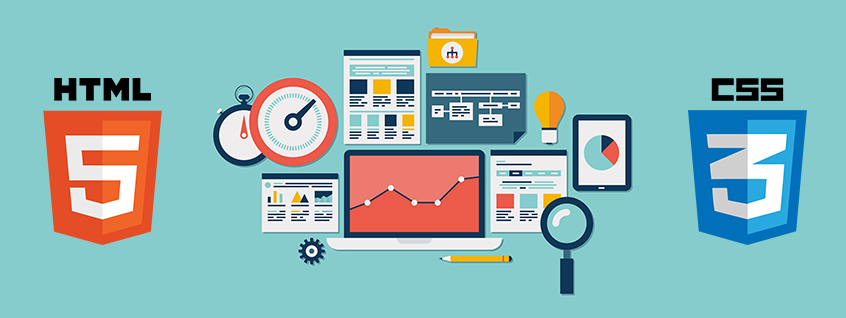
Don’t forget to read about What Web Developer Must Know About Web Security
Languages to Learn
Some key languages a front-end developer must learn includes:
HTML
HTML is not a programming language as we all know, it is a markup language, such that enables some other programming languages and scripts display on a web browser. It can be referred to as the dashboard use for displaying written codes and logic. Applications require HTML as a view to output whatever logic or programmes that have been written at the back-end. Learning and mastering HTML is a must for frontend developers and at most, the first language every developer should learn.
Style Sheets
You must have heard CSS, and if you have been researching about style sheets, then you might have heard about Sass or LESS as well. Applications consist of layers, data, design, contents and functionality, Style Sheets such as Cascading Styles Sheets (CSS) is used to apply styling to an application. CSS is responsible for the look and feel of any and every application. A front-end developer must know how to apply styles to an application using CSS or its pre-processors such as Sass and Less.
JavaScript
The reason an application has some interactive features such as rollover, pop-ups, validations and controls, is because JavaScript has been applied to that application. Without JavaScript, an application would just be as static as it would be. JavaScript, which is a client-side scripting language is a must-know language for every front-end developer. JavaScript is used for transforming a static HTML into a dynamic and interactive application. It is also the key language used in building mobile applications. JavaScript is easy to learn, but some concepts can be confusing if you do not follow a proper learning pattern. It’s advisable that you learn HTML, CSS before diving into JavaScript.
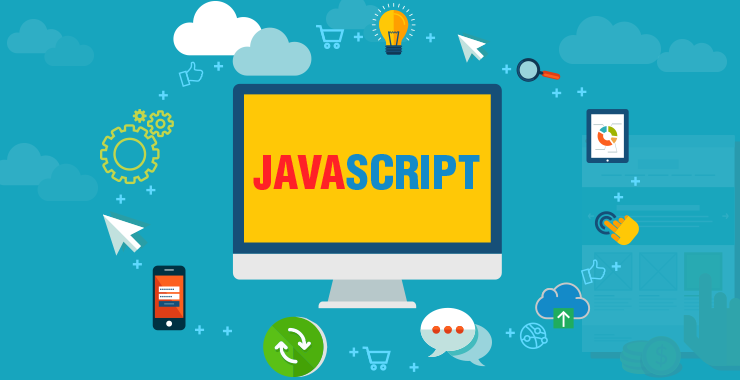
Have your read: 7 Best Programing Language to Learn Against 2018
Frameworks to know
Front-end development can sometimes be frustrating and boring if you had to write all the stylings and tags from scratch on a project that has a limited delivery time, hence developers make good use of frameworks for on-time delivery and ease of development.
What should I consider when choosing a front-end framework?
Skill-Level: When choosing a front-end framework for your project, consider a framework that comes with lots of pre-packaged useful widgets and requires less coding if you are not experienced in CSS and HTML. Otherwise, go for simpler framework but with room for customization.
Responsiveness: A front-end developer should build applications that render properly across all devices because many people who access the internet daily use different devices. To achieve this, a developer must stick to a front-end framework that supports responsive application design.
Style and Appearance: A framework that supports at least one CSS pre-processor typically Sass or LESS would be nice. A framework that can help you achieve the appearance you desire with lesser codes within minimal time.
Some frameworks a front-end developer should know includes:
CSS Frameworks.
Bootstrap is a popular yet efficient framework widely used by developers around the world. Bootstrap is actually built with LESS and consists of scaffolding (responsive grids and layouts), CSS (with HTML elements), Components and JavaScript. Implementing bootstrap in a project is quite easy, and the framework has a detailed documentation that any beginner could understand.
Alternatives for bootstraps are Material UI, Materialize and Foundation.
JavaScript Frameworks
Angular is a robust JavaScript framework owned and managed by Google. Angular uses typescript as its primary language. Typescript is a compiled type language with a strong layer in conjunction with JavaScript. It is a well-structured framework with a good documentation for beginners. It is an MVC framework for single page applications, with great features such as Modules, Services, Template, Component, Dependency Injection etc. Understanding the Angular framework will unlock many opportunities for a front-end developer. With the angular framework, a developer can build a robust application that would run on various devices using the possible minimal time.
Alternatives for Angular framework are React.JS, and Ember.Js.
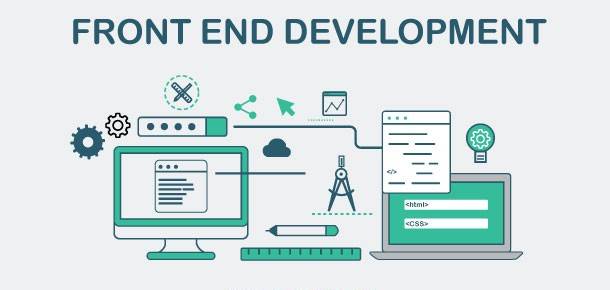
JavaScript Libraries
Every front-end developer knows that JavaScript is responsible for adding interact functionalities to an application. A JavaScript library is basically re-usable pre-written codes that guarantee easy development as regard JavaScript applications. The are many JavaScript libraries and they provide many functions relating to effect, events or AJAX. It is a good practice for a developer to choose a well-known JavaScript library.
Don’t forget to read: Why We Love Web Development (And Why You Should, Too!)
Okay guys, this is as far as we can go for now. Do not forget to like our Facebook page and read our other articles regarding web development. Also, do not forget to read the part 2 of this article where I will discuss other terms and technologies such as Web Assemble, API, Version Control DevOps and more.
Do you want to be a front-end developer?
Choose any Web Development training from our list of courses and kick-start your front-end development career. All of our training are intensive with hands-on real-world projects to enhance your skills, as you gain experience through learning.
Click here to get started today
| Want to start an eBusiness and Grow it Globally with free IT, Legal, Internet Discounts,3 Months SME Startup Course, ePayment Integration, Biz Development Services, Free Website, Free SMS Units/Portal all done for you within 30 Days?
Start Here>> Click >>> Start a Digital Business in Nigeria
